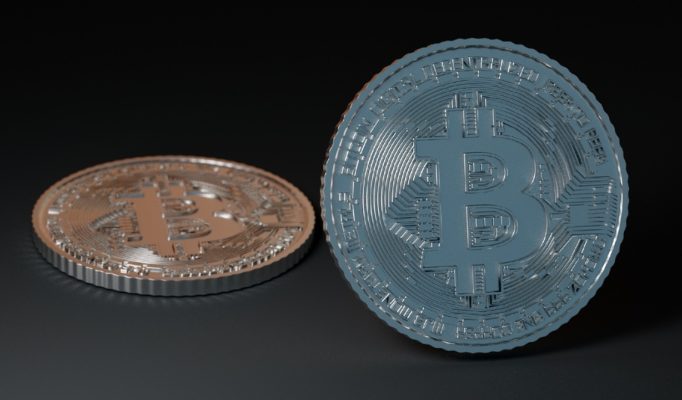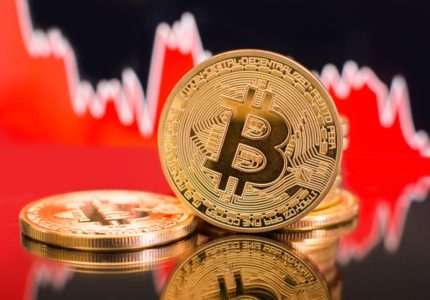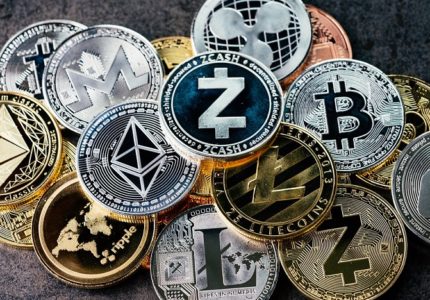Amid the rise in traders’ interest in Ethereum and Bitcoin back in the day, a lot of complaints hit mainstream about the transaction fees rising over the moon and how it was getting difficult for the traders to keep up with the fees over sacrificing their own profit. Ethereum did break its own all-time high, and Bitcoin was doing great being adopted into major financial circles, and then the Mid-May crash hit, and it did hit hard.
The prices were all in the free fall, and the market cap of the crypto market in a real tumble; we all know how all of it spiraled. The point is that after the crash, when the crypto market has lost a lot of its prime attention from the investors and traders, the transaction fees for both Bitcoin and Ethereum’s blockchain are at the lowest possible levels since January. The maximum applicable fees on Ethereum’s blockchain were as high as $70 during the crypto boom, and when all is quiet and peaceful, it has come tumbling down to $5.9, and it is the lowest possible fee in terms of dollar value since early January.
Crypto Crash has been Rough on Cryptocurrencies in all Given Aspects this Time
The same is true for Bitcoin; during extreme adoption, the Bitcoin’s value was over at $60 in terms of making a transaction that has now derailed all the way to $7. The whole thing has been a little more intensive for the Ethereum blockchain mainly due to the fact that it is employed more than Bitcoin’s blockchain and thus has to keep up with a massive influx of new transactions plus managing the infrastructure required to keep the operations running smoothly.
One major upgrade that is inbound for Ethereum’s blockchain is the proof of stake algorithm consensus which will take over the proof of work algorithm consensus. This new upgrade is supposed to lend stability to Ethereum’s blockchain and bring tons of improvement in terms of transaction speeds and turning down the use of fossil fuels as well. This is all part of the ETH 2.0 update, and when it happens, it is possible that the transaction rate will increase.

















